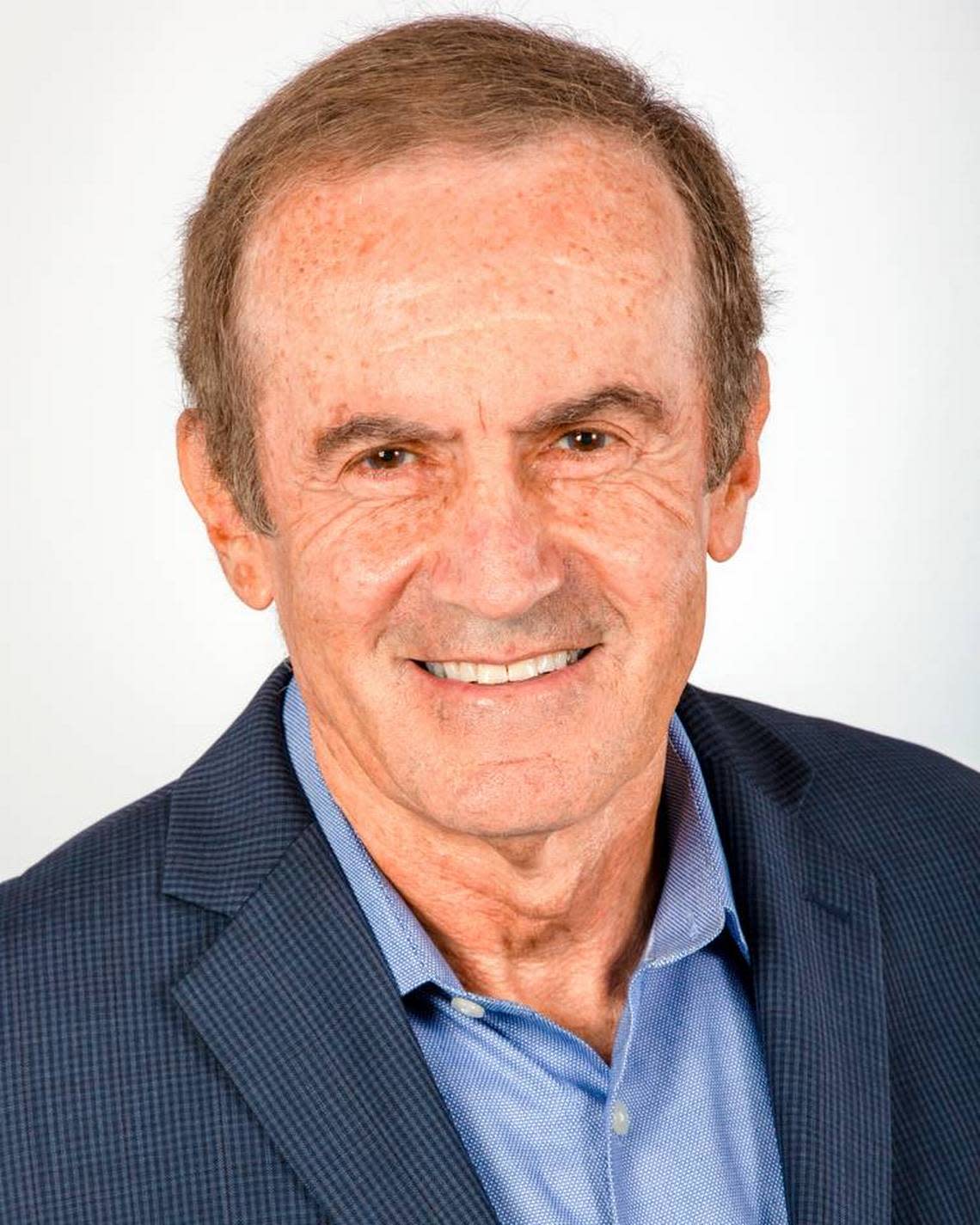Nicaragua deported 222 political prisoners, but the most worrisome one stayed home | Opinion
Nicaragua’s dictator Daniel Ortega got some political oxygen after he freed 222 political prisoners, including some of his country’s top opposition leaders, and sent them to the United States. But he now has a big problem: The prisoner whom he probably most wanted to see leave the country decided to stay.
Bishop Rolando Alvarez, a vocal critic of the president who was under house arrest, refused to board the U.S. chartered plane on which the other former political prisoners were flown to Washington D.C. Unless Alvarez decides to leave the country in the near future, he is likely to become a martyr at home and abroad.
Hours after the prisoners’ Feb. 9 release, Ortega told the nation in a televised speech that the bishop was on the line to board the plane alongside other released prisoners, but had suddenly decided not to get on. Alvarez said that, “He would have to talk to the [other] bishops first.” After his refusal to leave, Alvarez was taken to the Modelo prison, the president said.
Friday, Alvarez was sentenced by an appeals court to 26 years and four months in prison.
Alvarez, 56, is a respected and well-known figure in Nicaragua. He was arrested in August and charged with “conspiring against national integrity” and spreading fake news.
Among the opposition leaders who were deported to Washington were former presidential candidates Cristiana Chamorro, Juan Sebastián Chamorro, Felix Maradiaga and Arturo Cruz, as well as student leader Lesther Alemán and former Sandinista guerrilla leader Dora María Tellez.
Ortega called the 222 former prisoners U.S. “mercenaries” and announced that their Nicaraguan citizenship was being revoked.
Judging from what I’m hearing from people who know Ortega well, and from the fact that the president spent much of his Feb. 10 speech trying to discredit the bishop, there is little doubt that Alvarez was the prisoner whom the president was most eager to see out of the country.
Humberto Ortega, the president’s brother and the founder of the Sandinista’s People’s Army and Nicaragua’s defense minister in the war against the U.S.-backed contra rebels in the 1980s, told me that the bishop could become a “hot potato” for the regime.
Alvarez’s decision to stay in Nicaragua could create a “Christian martyr with a lot of support” among the people, he added.
The president’s brother, who has criticized the Ortega regime’s human-rights abuses in the 2018 protests that left more than 300 dead is calling for a negotiated solution to Nicaragua’s crisis. He told me he had met for three hours privately with the president on Dec. 23.
The two siblings had not seen one another in four years, and the president visited him at his home after hearing that he was recovering from a heart problem, Humberto Ortega told me.
When asked about the president’s claim that the prisoners’ release was a unilateral decision by Nicaragua and not the result of a negotiation with the Biden administration, the president’s brother said it was probably the regime’s gesture of good will in hopes of eliciting an equivalent measure from the U.S. government.
The president may be hoping for relief from U.S. sanctions, or to avoid new sanctions, Humberto Ortega told me. He added that Nicaragua is running out of international loans that allowed the country to build roads and bridges, and bring electricity to much of the country in recent years, and that the president may have felt that he needs to break his diplomatic isolation to hold credible elections in 2026.
So far, the U.S. response has been positive. Secretary of State Antony Blinken said that the release “marks a constructive step towards addressing human-rights abuses” in Nicaragua and “opens the door to further dialogue.”
Fortunately, President Biden’s response was more nuanced. Biden said in an interview with the Telemundo network that, while the release of prisoners was a welcome development, “We believe all political prisoners should be released.”
Indeed, it’s great that the 222 political prisoners were freed, but Nicaragua remains one of the world’s bloodiest dictatorships. President Ortega, who is in his fourth consecutive term, re-elected himself in fraudulent elections, has sent all major opposition leaders to prison or forced exile, does not allow free media and has banned 3,000 non-government organizations.
Now, he also has moved Bishop Alvarez from house arrest to the country’s harshest prison. The world diplomatic community should not be fooled and demand Alvarez’s immediate release, freedom of expression and free and fair elections.
Don’t miss the “Oppenheimer Presenta” TV show on Sundays at 7 p.m. E.T. on CNN en Español. Twitter: @oppenheimera

